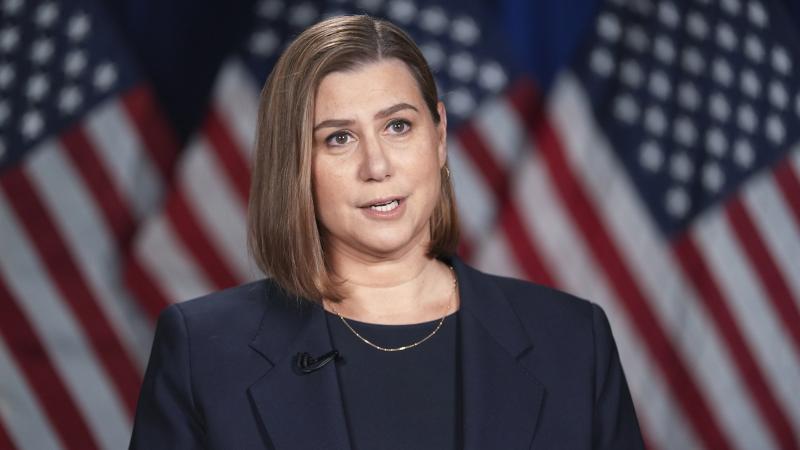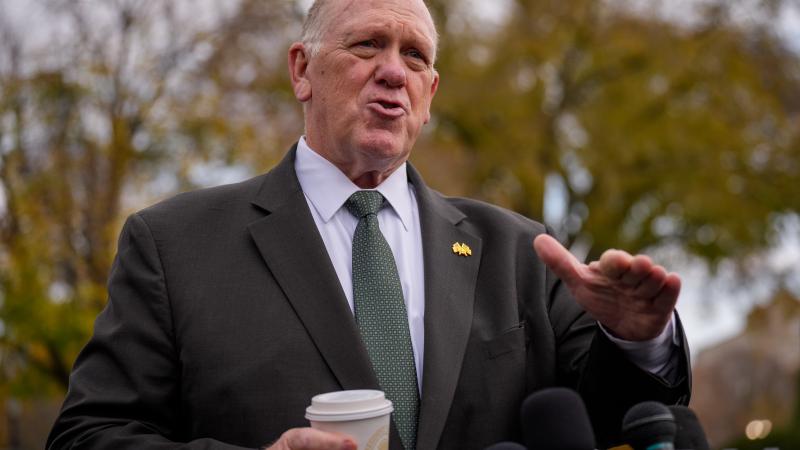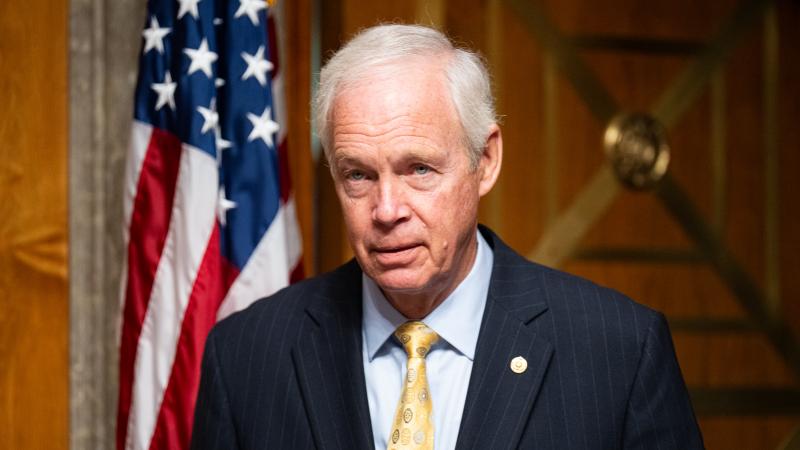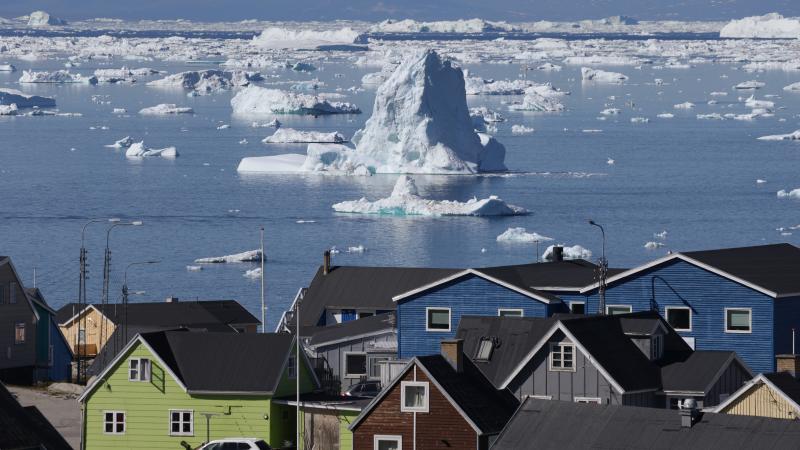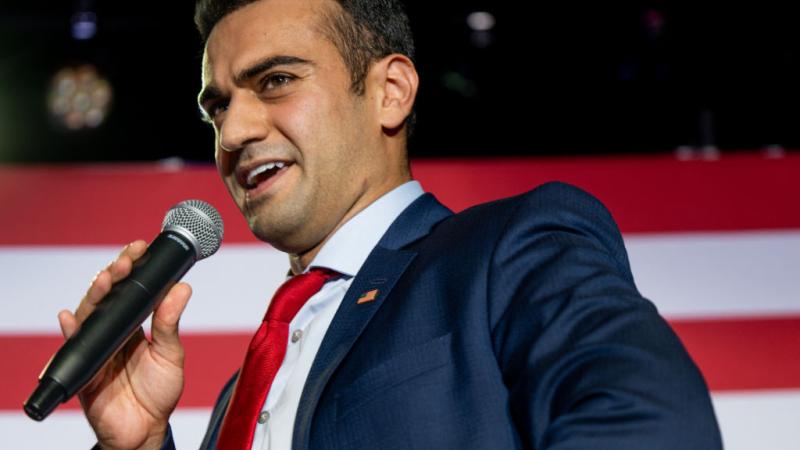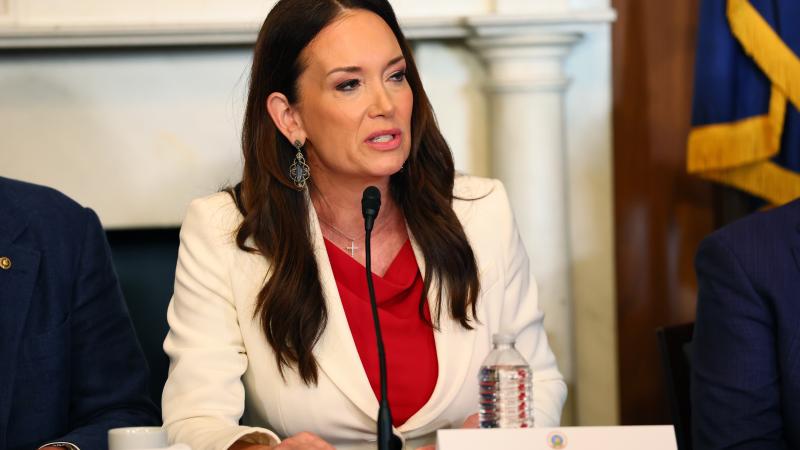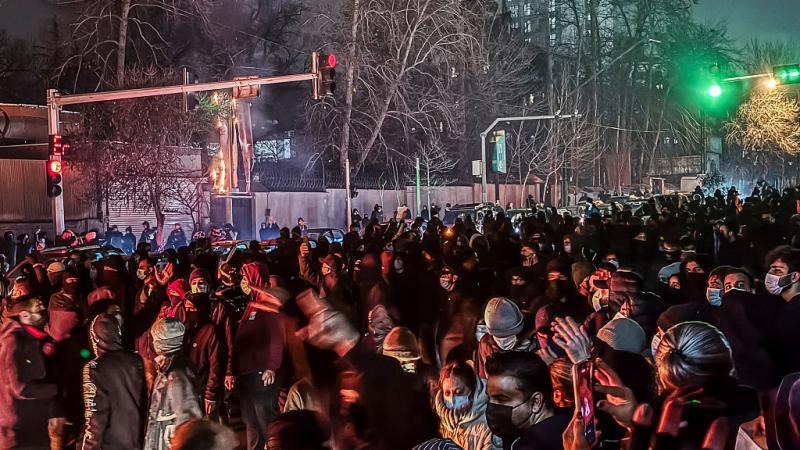Trump's new travel ban takes effect, limiting entry to US from 12 countries, restricting 7 others
Some exceptions are allowed for lawful permanent residents, existing visa holders, certain visa categories, and individuals whose entry serves U.S. national interests.
President Trump's new travel ban took effect on Monday, limiting entry to the U.S. from 12 countries, and restricting seven others.
Trump signed a proclamation on Wednesday, fully restricting and limiting nationals from 12 countries from entering the U.S. because they are deemed a significant risk as a result of inefficient screening and vetting processes.
The 12 countries are Afghanistan, Chad, the Republic of the Congo, Equatorial Guinea, Eritrea, Haiti, Iran, Libya, Myanmar, Somalia, Sudan, and Yemen.
The seven countries that are partially banned are Burundi, Cuba, Laos, Sierra Leone, Togo, Turkmenistan, and Venezuela.
"As President, I must act to protect the national security and national interest of the United States and its people," Trump wrote in the proclamation. "I remain committed to engaging with those countries willing to cooperate to improve information-sharing and identity-management procedures, and to address both terrorism-related and public-safety risks."
Some exceptions are allowed for lawful permanent residents, existing visa holders, certain visa categories, and individuals whose entry serves U.S. national interests, according to a White House fact sheet.
The leaders of some of the affected countries reacted to Trump's proclamation.
Chad President Mahamat Idriss Deby Itno posted on Facebook on Thursday, writing, "I instructed the government to act in accordance with the principles of reciprocity and suspend the issuance of visas to citizens of the United States of America. Chad has no planes to offer, no billions of dollars to give but Chad has his dignity and pride."
Somalia, meanwhile, said it was open to negotiations with the U.S.
“Somalia values its longstanding relationship with the United States and stands ready to engage in dialogue to address the concerns raised,” Dahir Hassan Abdi, the Somali ambassador to the U.S., said in a statement Wednesday.
The White House fact sheet noted that terrorism was a reason for banning travel from Somalia.
“The United States Government has identified Somalia as a terrorist safe haven. Terrorists use regions of Somalia as safe havens from which they plan, facilitate, and conduct their operations,” according to the fact sheet. “The Government of Somalia struggles to provide governance needed to limit terrorists’ freedom of movement.”
